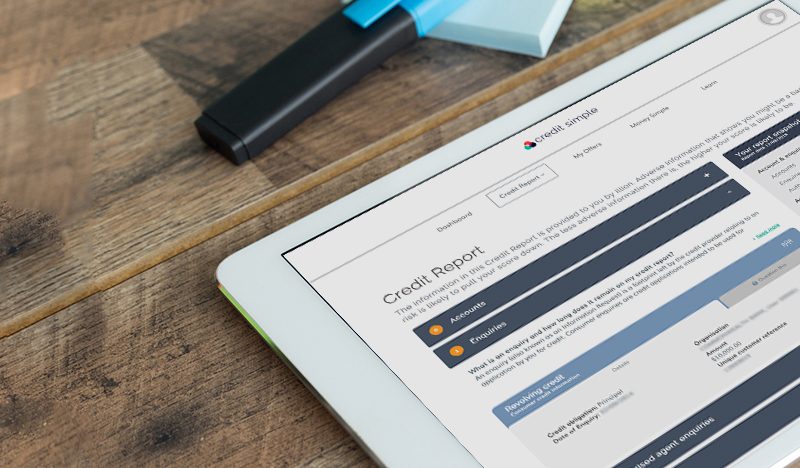Managing your finances when life throws you a curveball
Occasionally life will throw you a curveball that directly or indirectly impacts your finances: you’re made redundant, your furnace dies or you’re expecting a child and you realise you’ll need to upgrade homes in the not-too-distant future.
The last thing you want is to dig yourself into a deeper hole because you weren’t able to manage the financial side of things.
Here are some ways to avoid that, so that you can bounce back sooner rather than later.
1. Put your spending on lockdown.
The first thing to do is to stop spending more than is necessary. Some of the easiest ways to do that without disrupting your lifestyle too much include:
- Cancelling any unnecessary subscriptions. With so many online providers charging a subscription fee these days, there are bound to be some you can cancel or temporarily shut off. Keep the Netflix subscription if you love movies or the Spotify subscription if you love music, but nix the rest if you can.
- Cutting back on the luxuries. Temporarily swapping a movie night in for a night at the cinema or swapping organic groceries for the non-organic kind can save you some money without disrupting your lifestyle too much.
2. Review your budget (or create one for the first time).
We’re big proponents of creating a budget so if you haven’t created one yet, now’s the time to get onto it.
Even if you already have a budget in place, now’s a good time to revisit it.
If there’s anything this situation can teach you, it’s that your financial situation doesn’t stay the same forever. Pull your budget back out for a re-review and see if there is anywhere else you can cut back.
3. Check your financial institutions’ financial hardships policies.
If you’re having a hard time making ends meet even after tightening your belt, you may want to reach out to your bank, lenders, utility companies and anyone else you owe money to.
They’ll often have financial hardship policies that will temporarily halt your payments or reduce them, so that you can continue to meet your obligations and avoid late fees and defaults. After all, the last thing you want to do is make a difficult situation worse by going even deeper into unnecessary debt.
4. Cash out your rewards points.
If you have any rewards programs like frequent flyer points or credit card rewards , you may have the option to convert your points to cash or use them like cash toward your next credit card payment.
Using points for cash usually doesn’t go as far as using them toward merchandise or flights, but it may be worth it if you need to “buy” yourself another month or two.
5. Make minimum payments where it makes sense.
When life throws you a financial curveball, it often makes sense to hang onto as much cash as possible so that you can pay any additional unexpected bills that crop up. For example, if your best friend (aka, your dog) has emergency surgery, you’ll probably want some cash handy for any unexpected prescriptions during the recovery phase.
That means it might make sense to reduce loan payments to the minimum due so that you don’t find yourself back to square one when yet another bill comes knocking.
6. Get help.
If you find that your financial situation is more than you can handle alone, there are organisations that can help, like National Debt Helpline or various state-based debt advice services. You can find a comprehensive list of these services here.
Stay strong
We all experience situations that test our finances at one time or another – often multiple times throughout our lives. The key is to take strong action to keep the financial hit from spiraling out of control.
And if you do find that such situations test your mettle a little too much, it’s never too late to start thinking about a curveball account (perhaps better known as an emergency fund). This is a savings account specifically set up to help you through times like this.
That way next time, it’ll be just that little bit easier.
The information in this blog post is general in nature and does not constitute personal financial or professional advice. It is not intended to address the circumstances of any particular individual. We do not guarantee the accuracy and completeness of the information and you should not rely on it. Before making any decisions, it is important for you to consider your personal situation, make independent enquiries and seek appropriate tax, legal and other professional advice.
Credit Simple
Credit Simple gives all Australians free access to their credit score, as well as their detailed credit report. See how your credit score compares by age, gender and community and gain valuable insights into what it all means.
All stories by: Credit Simple


